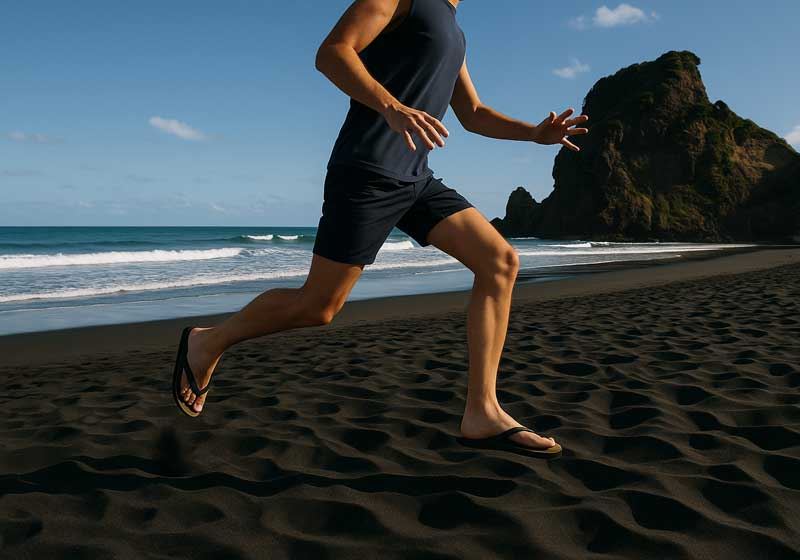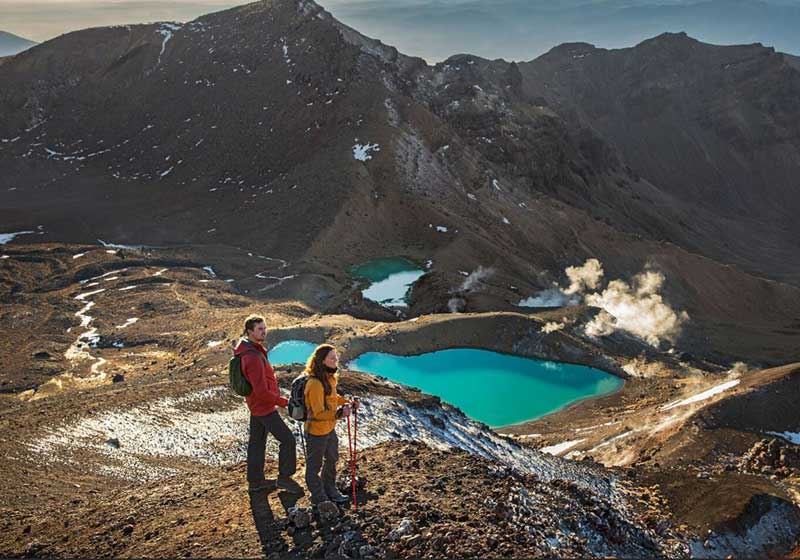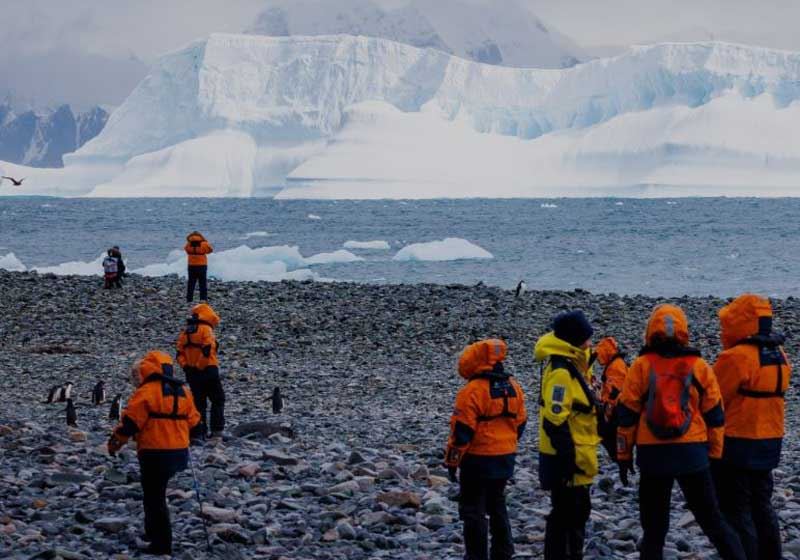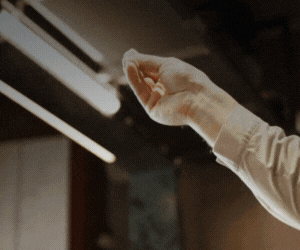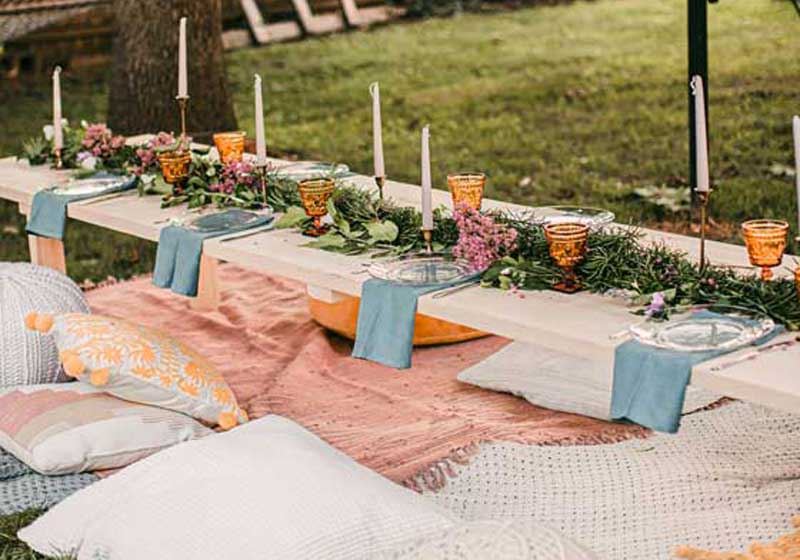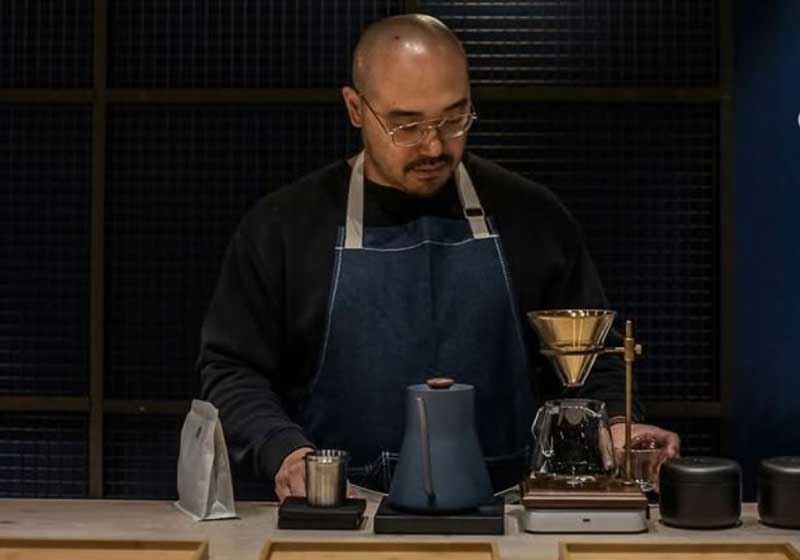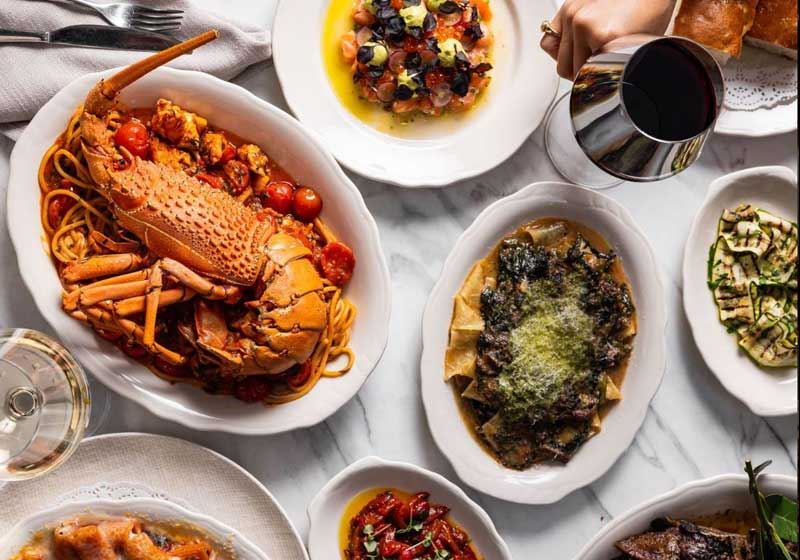By Laura Rancie.
Sirromet Winery, where Jessica Ferguson is the Head Winemaker, lies in an idyllic semi-rural region east of Brisbane, where scenic views of Stradbroke Island adorn the not-too-distant horizon.
The winery itself is 500 acres of land, with a small exhibition vineyard spread through a few blocks but it’s only a tiny proportion of what Sirromet grows and harvests each year. Because of the heat and humidity in this coastal location, the actual vineyard is located 3 hours southwest in Stanthorpe.
Stanthorpe has idyllic conditions for growing the many varieties of grapes Sirromet cultivate such as Chardonnay, Cabernet, Merlot, Shiraz, Pinot grigio, Pinot Noir, Verdelho, Nebbiolo and the recent acquisition of four alternative varieties, all Italian. Each night the juicy fruit is picked, packed and driven up to the winery in a refrigerated van.
I recently sat down with Jessica to find out all about her incredible career and what it takes to acquire the skills needed, for wine judging.
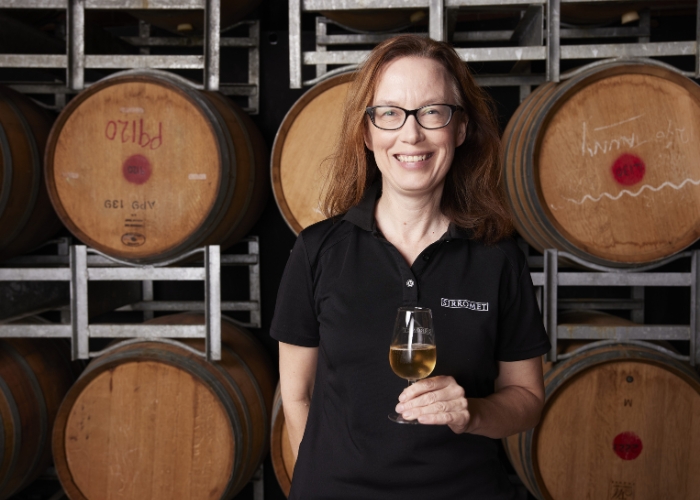
Give us the landscape of where you came from, before entering winemaking.
I have come into this perhaps from a non-conventional background. I did chemistry and biochemistry at Uni so I already had that background, but what I didn’t know was the vineyard. I am still learning and not expert in any way, but always talking to people and asking questions and spending as much time as I can in the vineyard. That’s been a big learning curve.
Can you share your journey from being a chemist to becoming a winemaker?
I never thought I’d end up here! I remember years and years ago someone asking me when I was running the lab here, ‘Do you wanna be a winemaker?’ and I said, no not really. They asked why not and I said, cos I like doing what I do.
That was the early days for Jessica when she was still a chemist. At the time she remembers the winery was already working with two very experienced winemakers who had worked all over the world.
I felt like I didn’t know if I could do what they did, but I’ve been really lucky in that I’ve had really good mentors who have allowed me to experiment. They trusted me to look after certain responsibilities and wines and say to me, okay - you make all the decisions! So, to have someone that trusts you like that and allows you to make the occasional mistake, then trusts it will be okay, is very important.
Those winemakers Jessica mentioned, are none other than Mike Hayes and Adam Chapman. Hayes was named 2017 Winemaker of the Year by the Australian Society of Viticulture and Oenology for his contributions to wine including researching 650 grape varieties and vineyard research in a changing climate. Chapman, with no less knowledge, has received 800 medals attributed to his wines in a career spanning more than 30 vintages in France and Australia.
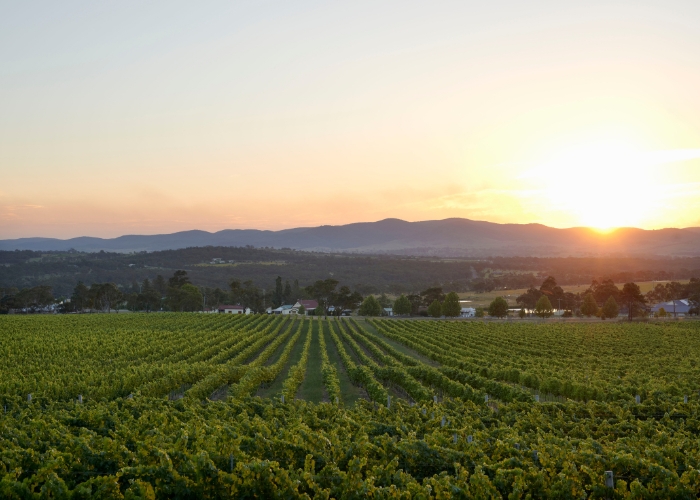
What was it that drew you to wine?
I grew up in Tasmania and my first job while at Uni was in a
small lab in Hobart doing a lot of work for the wine industry in the region. I
already knew a lot of winemakers because it’s a small community in Hobart. I had a background interest from the beginning in wine but didn’t think I
would end up in the industry. But it was enough to make me really interested in
the process of winemaking. To the public, wine is immersed in mystique and romance,
but I was interested in the technical side more than the creative side”.
Why did you jump from pharmaceuticals to wine?
Working overseas in very highly regulated industries in pharmaceuticals and environmental science, made me realise there’s a lot of the same, same, same. There has to be! When you make a pharmaceutical, there is absolutely no room for desire to change the formula and no room for variation.
When I started working for Sirromet, every year was different from the previous - that was the thing that instantly attracted me. The fruit was different than it was the last year, or some things that were okay previously, this year are amazing, or amazing last year and need a bit more work this year.
I love that variation. I love that you don’t have to stay the same every time. In fact, you can’t. You have to be pushed outside of your comfort zone a little bit and try different things. I like the idea that the job will never be the same.
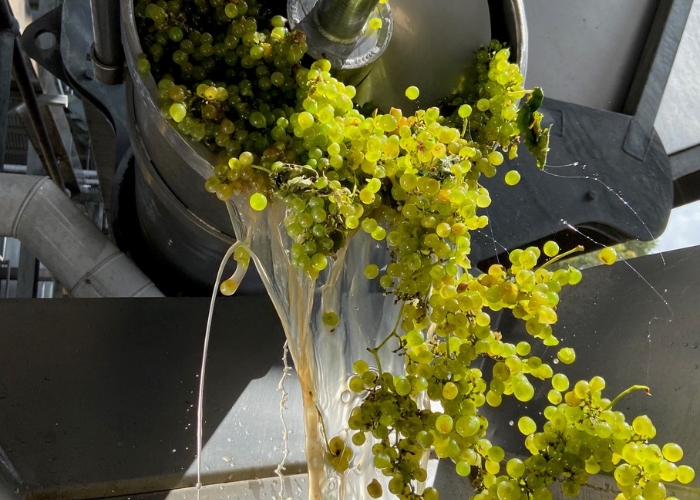
Sirromet’s land in Stanthorpe is located in the cool, high country called the Granite Belt. The ground is impregnated by granite bedrock and with its cool nightly climate, which drops to sub-zero in the Winter there is a lot of degrading granite over time, with cracking and slow demineralisation, leading to poor soils. When you work on the land, there are always environmental factors to consider.
How does the poor soil in the granite region fair with the vines?
The granite bedrock isn’t that far below the soil and is slowly releasing those minerals into the soil to influence the wines. The idea is you make the vine struggle a little bit and because of that, it really packs the flavour into the fruit.
What else is tough about working on the land?
When we get a difficult year with flooding or droughts, that will affect the yield, especially with red. For example, last year we couldn’t get through the blocks to spray, so there was a lot of fruit we didn’t even take off because it wasn’t going to be worth it. So that was a shame, but they came back better this year and predicting even better next year".
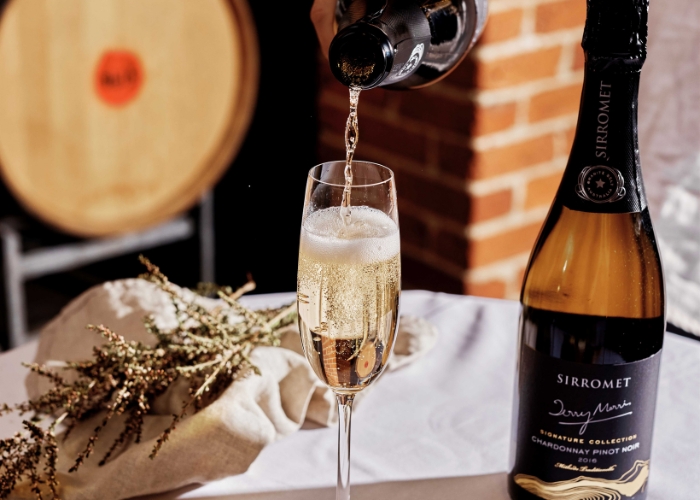
What are the unique Queensland issues in reference to the wine landscape?
It's a very tiny industry here. There are limited places to grow a wide variety of high-quality wine grapes, but there is also lots of history, there are some families in the Granite Belt who have been making wines for decades. We’re the new kids on the block in some respect, because we’re only 23 years old but we try to maintain relationships because we can all help each other.
We’re a tight-knit wine community. If one winery does really well, we all cheer, because we all do well - there's no excessive competition. During COVID because we couldn’t leave Queensland, everyone went up to the Granite Belt and bought wine which was great, but the following year, we were all short and ringing each other saying 'Do you have any such and such…' so I think we’ve always had the co-operative approach but especially in recent years there’s been an effort to make it strong and supportive, amongst different wineries.
The Australian Wine Research Institute named you as Dux of the 35th advanced wine assessment course, which led to you being offered a place as an associate judge in the Royal Queensland show. Can you elaborate?
It’s a judging training course and I feel very privileged to have done it, luckily I was supported by Sirromet, but it’s a crazy course! I had done a little bit of judging at local events and shows, I was a bit surprised to get the award because there were a number of really great people in the course.
How do you develop tasting skills to be a judge?
"It's just practice, initially, I was sent
to do associate judging in local shows. That’s really important especially in a
small wine region like Queensland to constantly go back and taste other wines
from other regions and countries. I had done a wine assessment course and other courses too.
These days, it doesn’t matter where I am, whether I’m out to dinner or at a
festival somewhere and someone gives me a glass of wine, I will automatically
think about the smell of the wine and the look of the wine before I taste it
and then think what else have I tasted in comparison to what this is like.
It’s
a force of habit really. You can’t do it without practice, I’ve always said
anyone can get good at tasting wine, some may take longer than others, but no one
is born with that innate talent. They’ve all worked on it. You’re always
learning."
In closing, with sustainability an important issue I had to ask Jessica about Sirromet’s
practices. I was impressed to learn, as she was when she first started, about
Sirromet’s commitment to green waste, recycling and turning wastewater into
tap water quality, to reuse in irrigation. They also have a packaging covenant
to educate clients on how to dispose of packaging and tree planting
for koala corridors with further plans to continue to go green.


